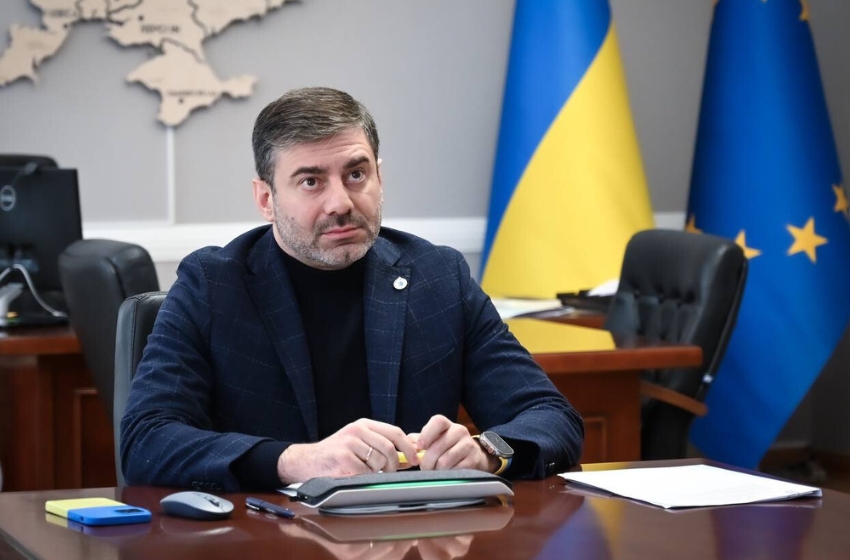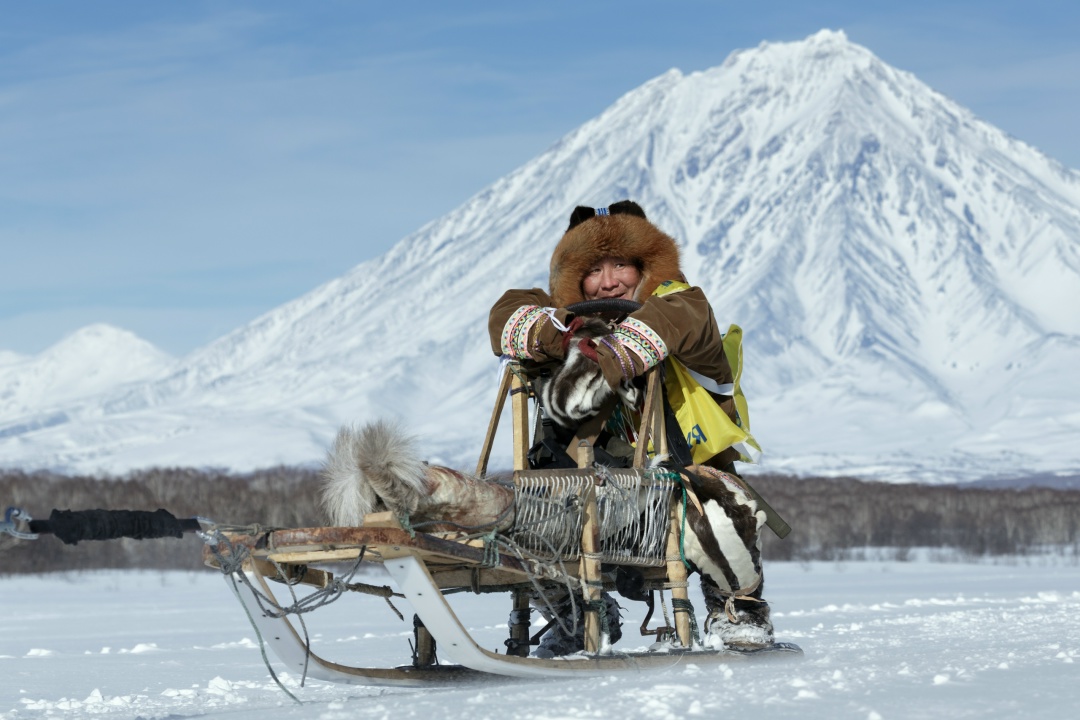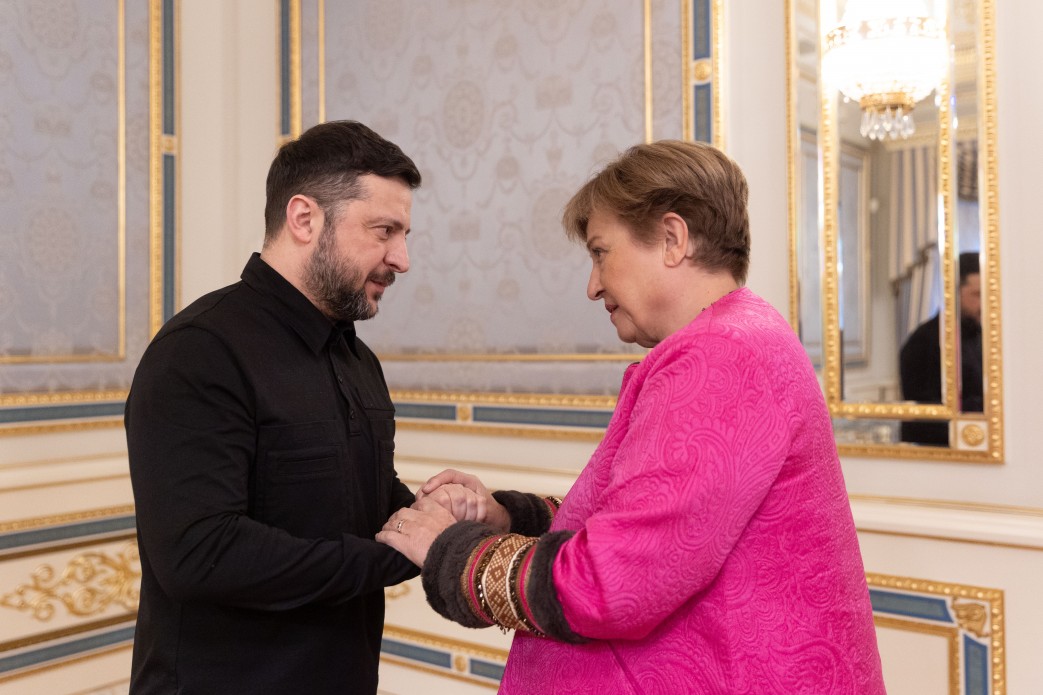The Commissioner of the Verkhovna Rada for Human Rights, Dmytro Lubinets, has sent a letter to the International Federation of Red Cross and Red Crescent Societies urging for a transparent investigation into the activities of the Russian Red Cross, which allegedly violates the principles of this international organization, particularly the principle of neutrality.
"Recently, information has emerged on the internet indicating that the president of the Russian Red Cross (RRC) is associated with a pro-Putin 'patriotic' organization, and RRC employees speak of the impossibility of peace with 'Ukrainian Nazis.' Furthermore, the RRC participates in military gatherings and training for children, where the ideology of continuing the war against Ukraine is propagated, and symbols of aggression such as 'Z' are used," Lubinets wrote in a Telegram channel on Friday.
The Ukrainian ombudsman also suspects that "Russia aims to have new RRC organizations operating in the temporarily occupied territories of Ukraine, which will be funded from Russia. This once again proves that the occupiers are ready to use even the global name of a humanitarian organization for their political and military purposes."
"As the ombudsman of Ukraine, I have already sent a letter to the International Federation of Red Cross and Red Crescent Societies to: 1. Condemn such actions publicly. 2. Conduct a transparent investigation into the actions of the Russian Red Cross. 3. Suspend the membership and participation of the RRC in the community during the investigation. 4. If the investigation confirms the available data, demand the exclusion of the organization from the federation," Lubinets announced.
At the same time, he reminded that "the RRC is part of the International Federation of Red Cross and Red Crescent Societies, therefore it must adhere to the mission and principles of the movement, including the principle of neutrality."
"Russia cannot speculate and use the name of a humanitarian organization for criminal purposes! I hope for an immediate public reaction from the IFRC," Lubinets emphasized.





















